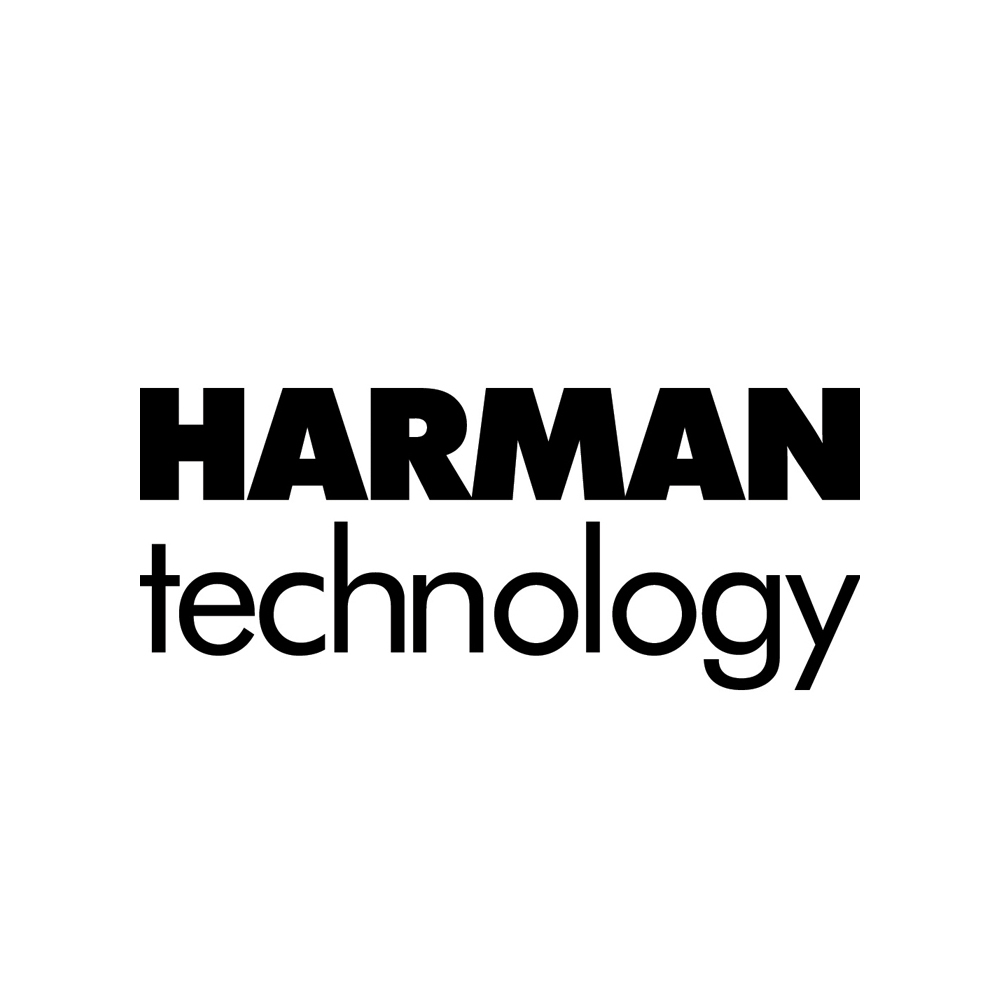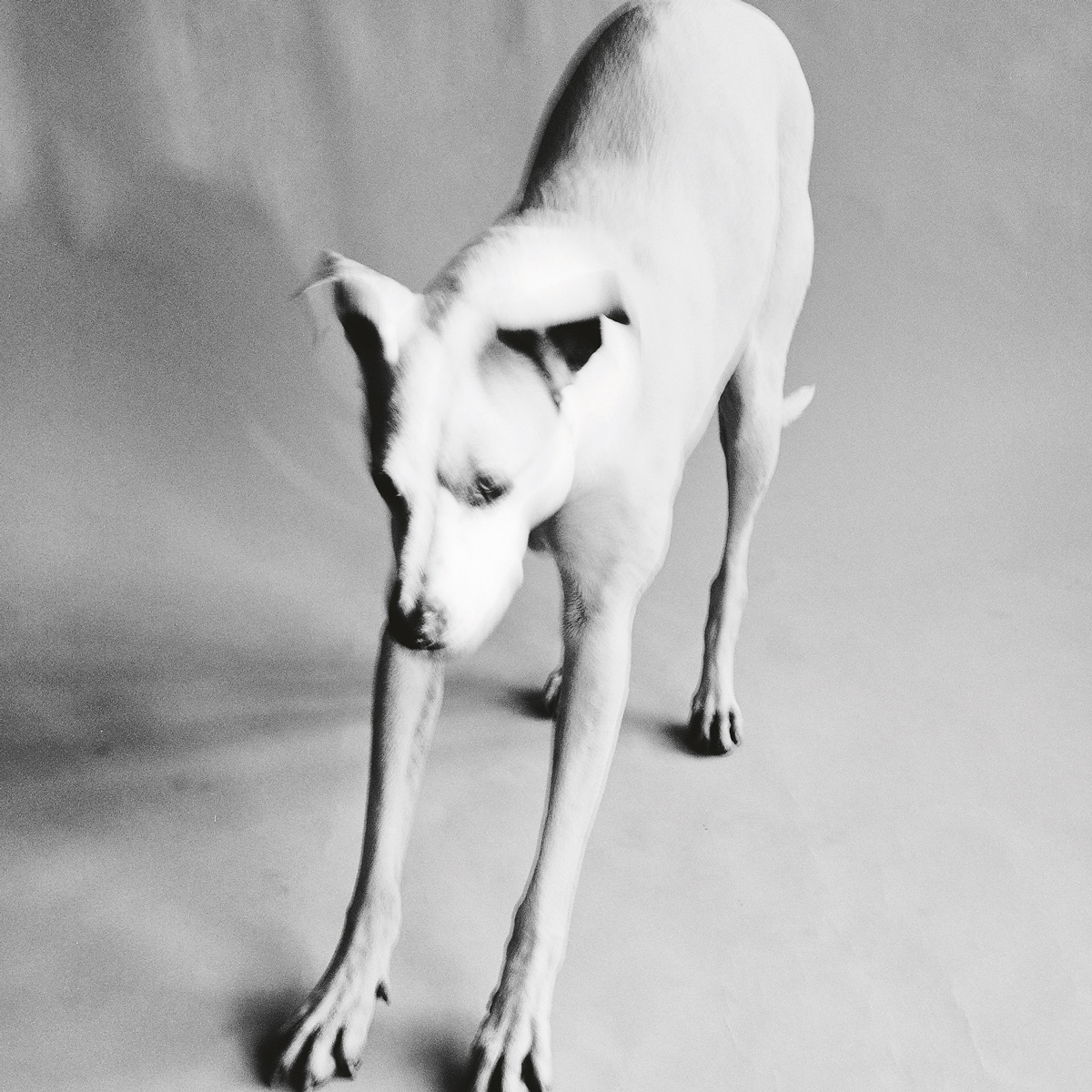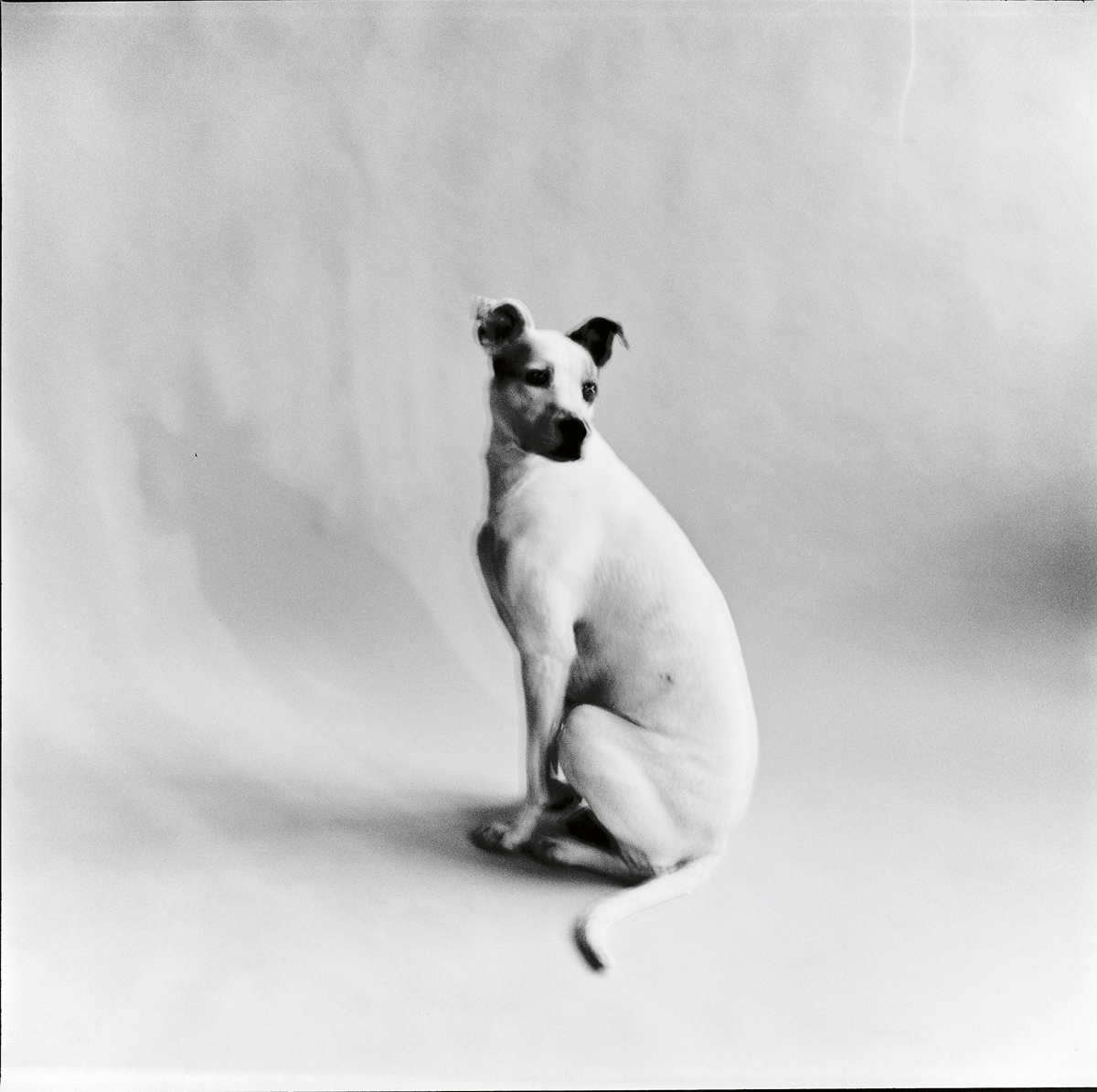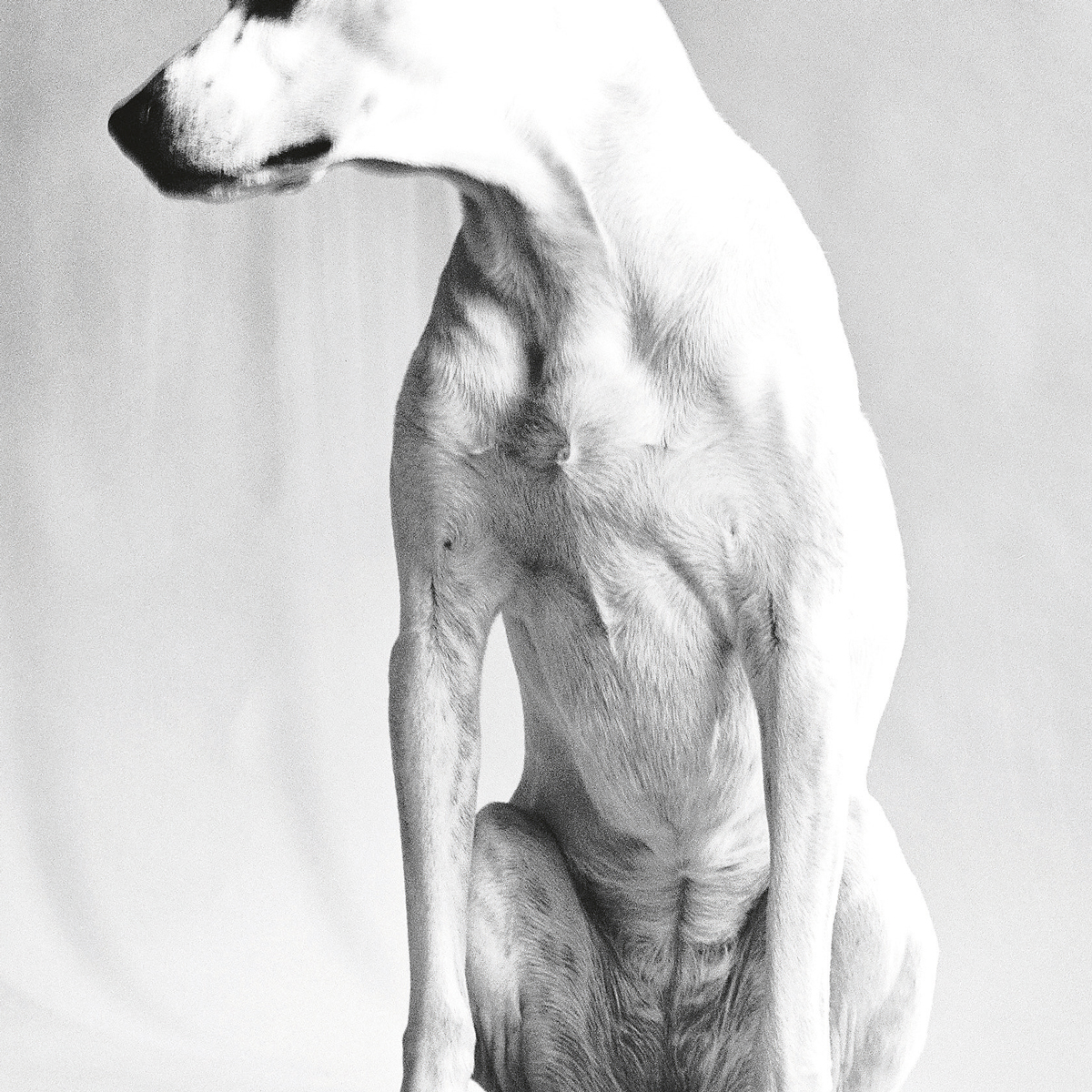Shooting Film Posted On 28th February 2023 To Magazine, Technique & Stories

We thought it would be a great chance to chat with Ben Hawkins & Liza Kanaeva-Hunsicker about their book 'Shooting Film'. This book is a beginner-friendly book which introduces curious individuals to the world of analogue photography.
A little bit about yourself
Liza: My name is Liza Kanaeva-Hunsicker, I was born and raised in Moscow, got my Bachelor’s degree in California and have been living and working in NYC for the past 11 years. I’m a multidisciplinary artist working primarily in photography.
Ben: Professionally, I’m a writer and proofreader with over 20 years of industry experience. Personally, I’m a bit of a geek, with an unhealthy obsession with comics, horror films and heavy metal. In a previous life, I was the editor of Practical Photography magazine, once the UK’s biggest-selling photo monthly. Sounds glamorous, really wasn’t, but it was the perfect training ground for what I do now. Which is basically obsess over words and pictures for publishing companies. My dad was a press photographer back in the 1970s, so I grew up with old cameras, film and developing tanks lying around the house. We even had a darkroom in the loft, which is where I spent my evenings and weekends. I also used to write compulsively, so I guess you could say I was always destined to write photography books!
How you both came together to collaborate on the book
Liza: Richard from Octopus books reached out with a book proposal and connected Ben and I. Ben has an impressive background in writing about photography and has a smooth, intellectual and humorous flow to his work. Really draws you in. It was inspiring to work on a book together. He also answers emails very quickly.
Ben: Ilex got in touch about Shooting Film at the start of the first lockdown. I was a newbie freelancer looking for a sizable project to get my teeth into, so the timing was perfect, and the subject was something I knew I could immerse myself in. I wasn’t familiar with Liza’s work, but was blown away when I saw it – I’ve always had a thing for slightly edgy fashion and portrait photography a la Albert Watson and Ellen von Unwerth, so Liza’s style ticked a lot of boxes. Plus, after we’d exchanged a few emails, it turned out we had a shared love of film photographers such as Franco Fontana and Sarah Moon, so perhaps we were fated to work together at some point!
Why you shoot film
Liza: Because it brings life and poetry to the medium. Because I like creating alternate realities and inhabiting them with my imagination. Because I like to force myself to work with intention. Because slowing down makes me appreciate life more.
Ben: I’ve always loved tangible media, which probably stems from growing up in a house full of vinyl records and old negatives. Don’t get me wrong, digital media absolutely has its place, but nothing beats viewing transparencies on a lightbox or watching a black & white print emerge from the developing tray and I passionately believe that every photographer should try their hands at ‘old school’ analogue photography at some point. From emulsions and metering to processing and printing, film encourages a very different mindset to digital: it’s not cheap, so every frame matters, and you have to be so much more hands-on with the creative process. It’s an investment, both technically and artistically, but one that can be hugely rewarding. I’ve got thousands of digital images saved on hard drives and clouds, but my battered folders of negs and transparencies see the most action even now; I just find it easier to connect with a physical artefact than with a whole load of ones and zeros.
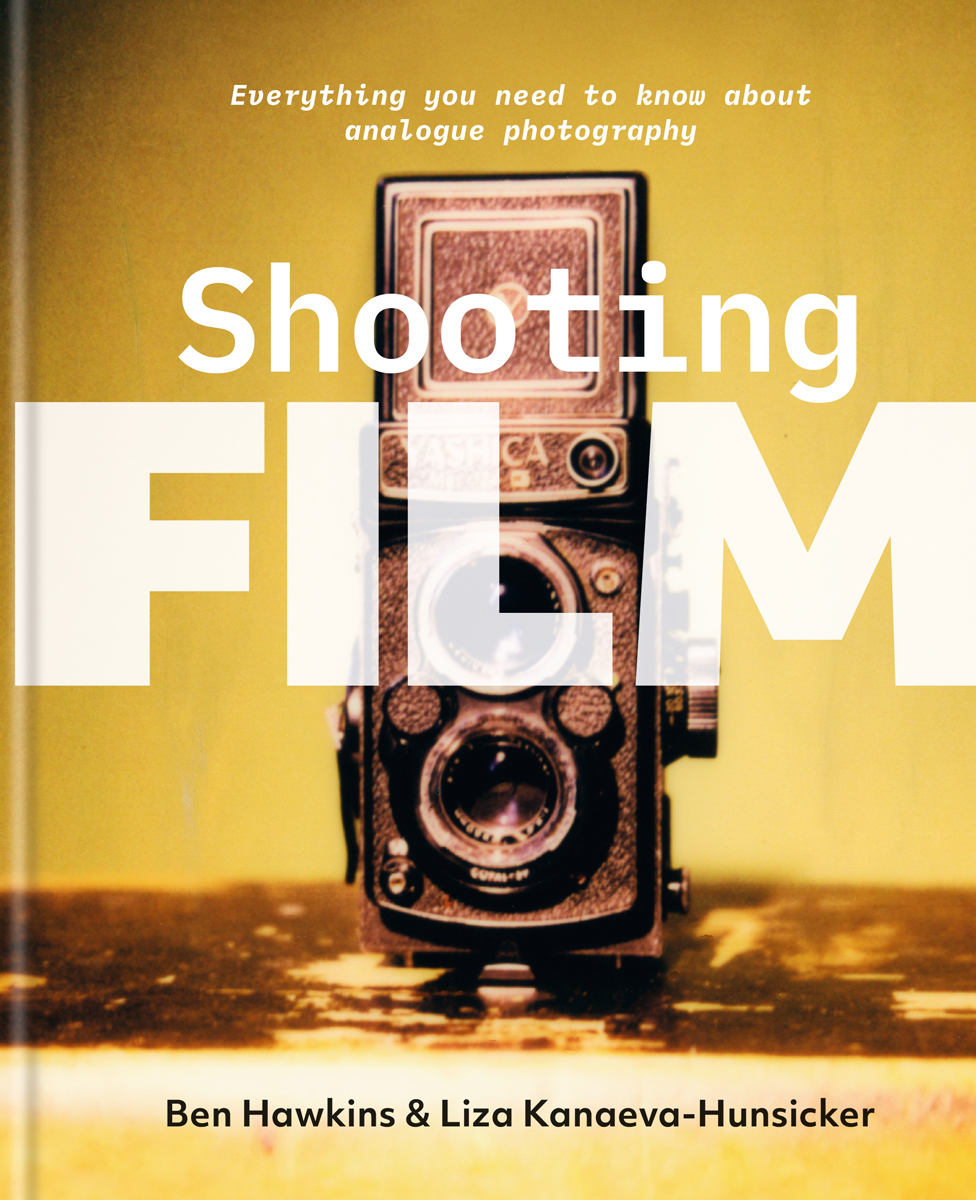
Why do you think the book is needed?
Liza: The resurgence of film is undeniable and palpable. Shooting film is a multi-layered practice. To embrace it fully you need some foundation of technical knowledge, quality sources of inspiration and a bit of
direction. Shooting film is a perfect balance of all three. It informs, guides, inspires and gives you tools. And doesn't take itself too seriously.
Ben: Analogue technology is enjoying a renaissance (who thought cassette tapes would make a comeback?). A whole new generation of photographers are experiencing film for the first time, so now seems like the perfect time for a beginner-friendly book introducing curious souls to the wonders of analogue photography.
I read an online review that described Shooting Film as ‘a nice starting point for those (re)discovering their interest in film photography’, which is exactly what it’s intended to be. If you’re an experienced analogue photographer who already knows their FP4+ from their HP5+, this probably isn’t the book for you. However, if you’re returning after a lengthy absence or have just bought your first film camera and are looking for some practical advice and inspiration, look no further.
There are loads of technical how-to photography books out there, but we felt it was important that Shooting Film assumed very little knowledge and was as welcoming as possible. Sure, it’s technical in places – it’s impossible to talk about subjects such as metering and pushing/pulling without getting a bit techy – but let’s put it this way: if I can get my head around it, you certainly can!
How did you put the book together?
Liza: Well…it took many months of soul and internet searching, writing and going through my obnoxious image archive. The culmination point was when I had a few days to reshoot the cover. Those were the same few days before my wedding day. Life is a trickster.
Ben: With coffee, good music and a whole lot of research. I used my own experiences growing up and also my time as a journalist on a photography magazine to inform the structure and general content, and then lived and breathed analogue photography for the next four months.
There are hundreds of amazing (and amazingly geeky) analogue websites, blogs and YouTube channels out there – all of which are listed in Shooting Film – and so I consumed as much as my eyes and brain would allow before putting pen to paper. In the process, I discovered loads of invaluable little nuggets of information that I made sure to include. For example, I had no idea how to hack a DX code on a 35mm film cartridge to ‘adjust’ ISO, but I certainly do now!
I also begged, borrowed and stole loads of old film cameras to practise on. As a result, I’m now the proud owner of a Canon AE-1, Fujica ST705 and a gorgeous old Balda-Werk Bűnde rangefinder.
Do you have future plans to make another?
Liza: One thing led to another and I am now fully submerged into the book universe. I'm currently working on two books - a collective photography book expanding on the female gaze in contemporary photography - Soft Gaze at Intimacy. And my first monograph. Which is intense. But I’m here for it. It would be a pleasure to work on another book with Ben. Perhaps, one on black and white analog practice? 😉
Ben: I already have! My second book (and first solo venture), The Complete Beginner's Photography Course: A Modular System for Success, has already been published and is a very different beast to Shooting Film, although complementary in many ways. It’s intended as a creative course for beginners, guiding readers through key subjects such as landscapes, portraits and still life, and introducing them to the various techniques needed to achieve certain effects. Like Shooting Film, the modules are all broken down into bite-sized, jargon-free chunks, and the level of assumed knowledge is very low, so anyone can jump in and shoot their first portfolio of images.
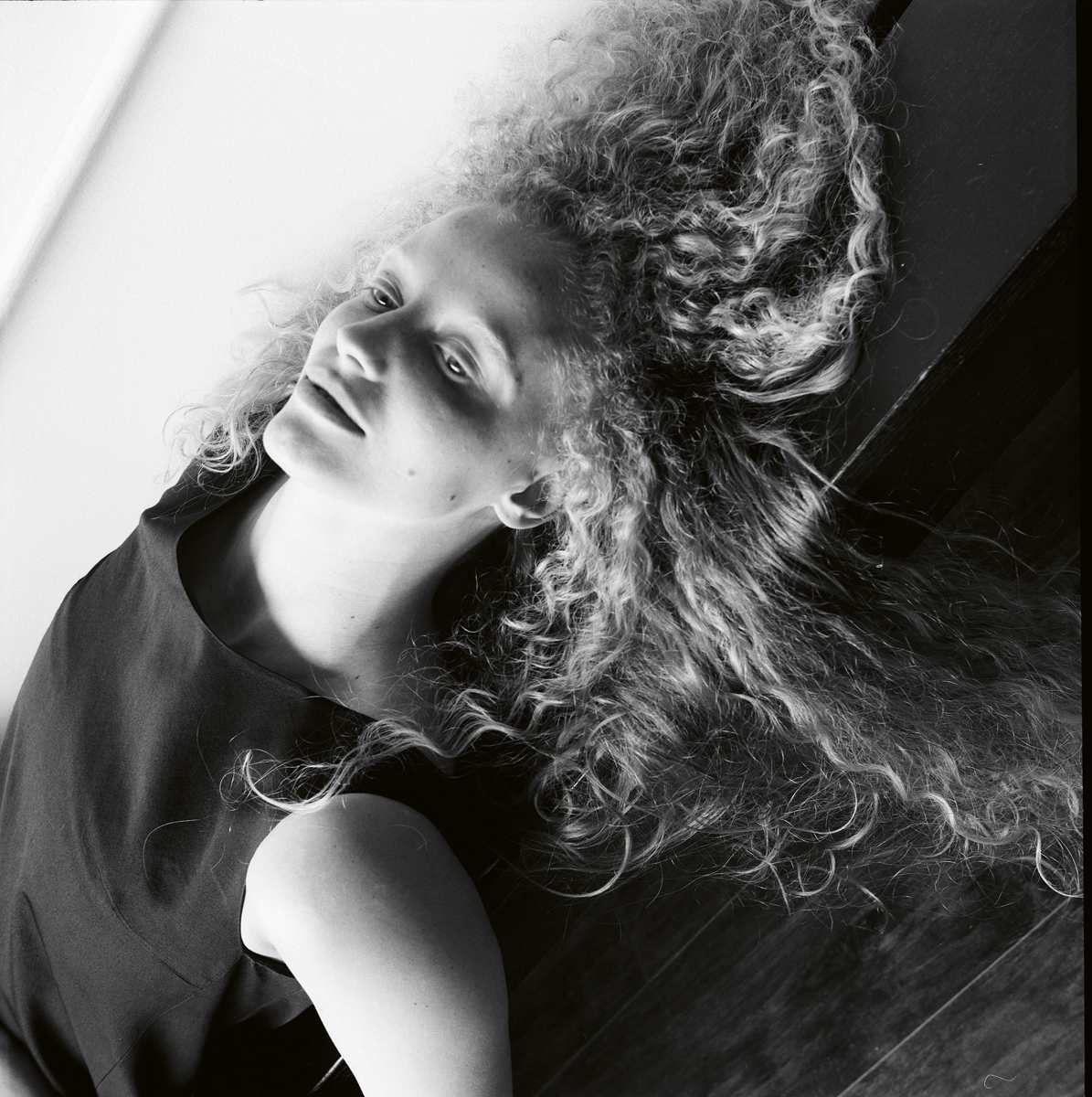
Shooting Film by Ben Hawkins and Liza Kanaeva-Hunsicker is published by Ilex Press (£20)
About The Author

Ben Hawkins & Liza Kanaeva-Hunsicker
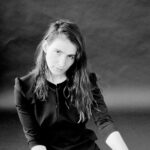
Liza Kanaeva-Hunsicker was born and raised in Moscow, got their Bachelor’s degree in California and is now working in NYC. Liza is a multidisciplinary artist working primarily in photography.
Instagram – @Liza_Kanaeva_
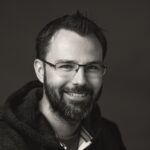
Ben Hawkins is a writer and proofreader with over 20 years of industry experience. Ben is a bit of a geek, with an unhealthy obsession with comics, horror films and heavy metal. He was the editor of Practical Photography magazine, once the UK’s biggest-selling photo monthly. His dad was a press photographer back in the 1970s, so Ben grew up with old cameras, film and developing tanks lying around the house.
Linkedin – ben-hawkins-editor




